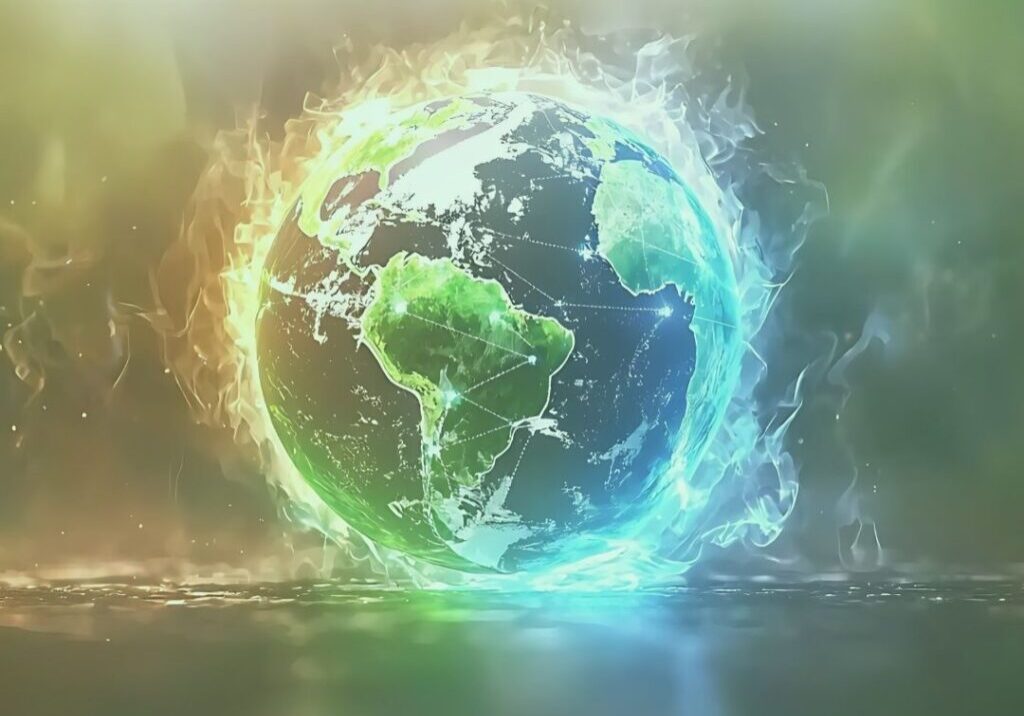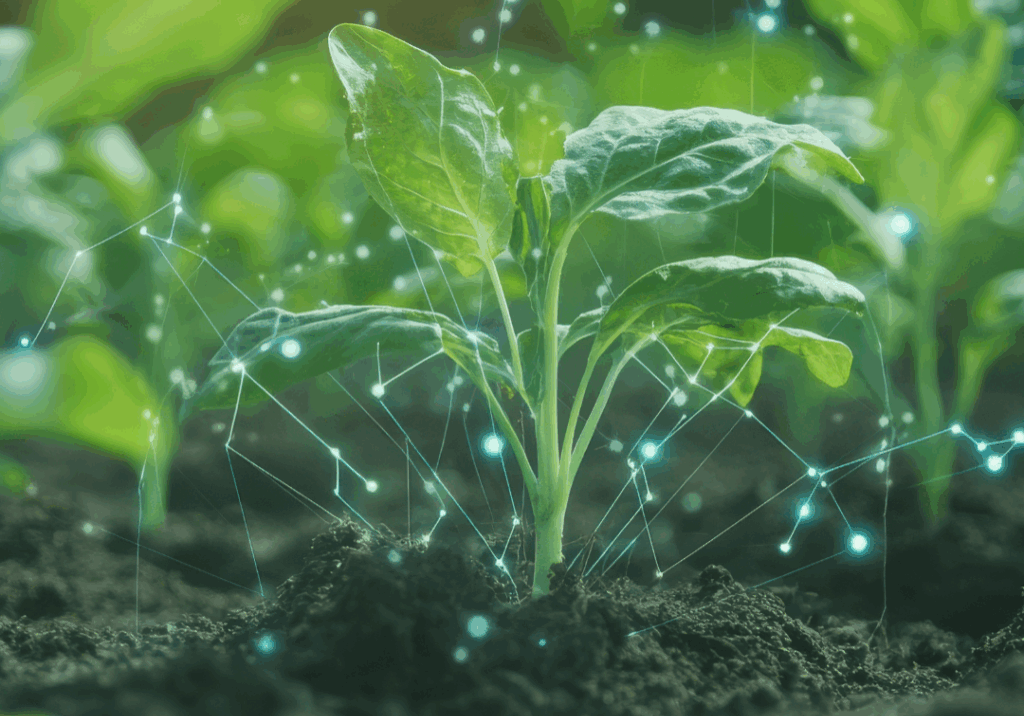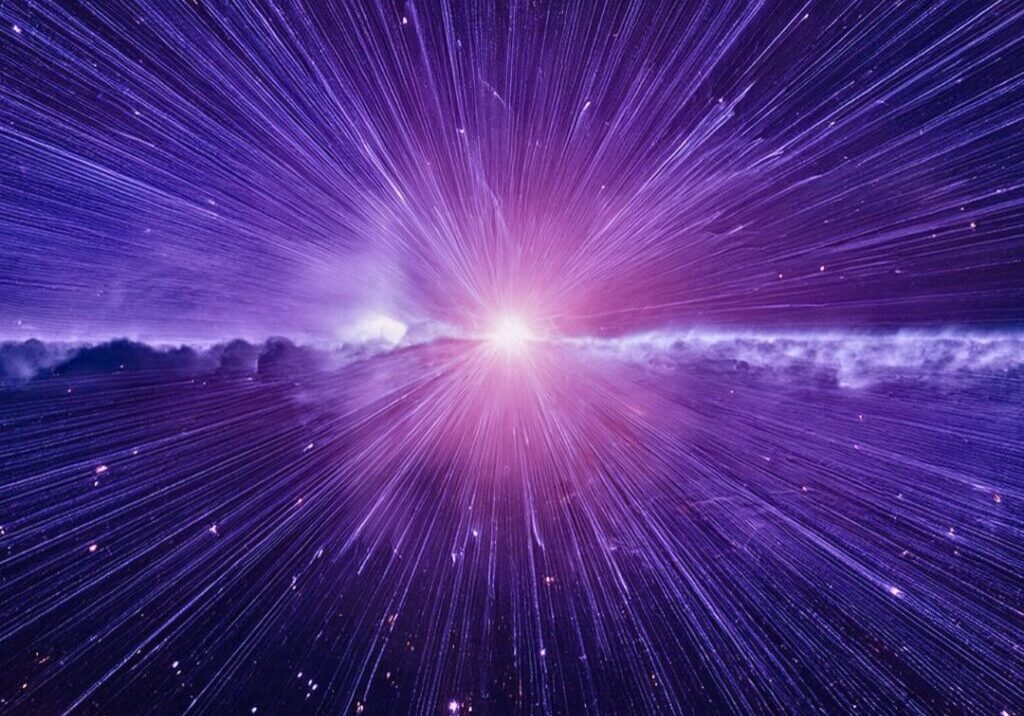Despite The News, We Belong To One Another
Modern science has revealed new information about the human person, from cosmology to neuroscience and cognitive psychology; however, we still think of ourselves as rational, concrete subjects, individual in nature and unrelated to one another, except by chance, accident, or good-fortune. This understanding is a particularly western one with philosophical roots that date back to the ancient Greeks. Christianity adopted Greek philosophical principles in its development and formed a theological understanding of God and world according to such principles. Stepping back and surveying the historical landscape, it is not unreasonable to suggest that religion and, in particular, the monotheistic religions with their ancient philosophies and static cosmologies, lie at the core of social injustice. This would require much more than a blog to expound but for now I am suggesting that old philosophical principles upon which unyielding theological beliefs have been formed undergird social injustice. If social justice is to realize a new world with God at the center, then we need a new type of religion. As Albert Einstein quipped, you cannot solve a problem with the same conditions that created it.
If we drill down to the depths of nature, we see that we are wholes within wholes, communicating information across complex fields of energy. The physicist David Bohm spoke of fundamental reality as an implicate order which has endless depth and movement. He wrote: “As humans and societies we seem separate but in our roots we are part of an indivisible whole and share in the same cosmic process.” On higher-ordered levels of nature, we are beginning to see that systems in nature do not work on principles of competition and struggle but on cooperation and sympathy. Peter Wohlleben’s book The Hidden Life of Trees is a radical disclosure of nature’s social justice. Wohlleben, a forester by training, found a tree cut down centuries ago was still alive. How was this possible since without leaves, a tree is unable to perform photosynthesis, which is how it converts sunlight into sugar for sustenance? The ancient tree was clearly receiving nutrients in some other way—for hundreds of years. What scientists have found, Wohlleben writes, is that neighboring trees help each other through their root systems—either directly, by intertwining their roots, or indirectly, by growing fungal networks around the roots that serve as a sort of extended nervous system connecting separate trees.
Wohlleben pondered this astonishing sociality of trees and wondered about what makes strong human communities and societies. Why are trees such social beings? Why do they share food with their own species and sometimes even go so far as to nourish their competitors? The reasons are the same as for human communities: there are advantages to working together. American forest ecologist Suzanne Simard found that primeval forests, that is, “natural” forests undisturbed by man as opposed to “plantation” forests managed for commercial benefit, have a layer of fungus called mycelium under the top soil, which connects individual trees with each other. This layer forms a kind of dense “social” network, that Nature magazine dubbed the “wood wide web,” which trees use to exchange nutrients and food, to “support” those sick or weak and to “inform” each other of threats.
The hidden communal life of trees is reflective of nature’s wholeness. What we can say, broadly speaking, is that nature is a communion of subjects functioning on principles of wholeness which include mutual cooperation, sympathy, and synergy. In distinction to the natural world, humans have become individual consumers, self-absorbed individuals who relate to one another as foreign objects. Nature works along lines of cooperation and organization while humans work individually, according to principles of competition and power. Nature is like a weaver, constantly threading together the myriad layers of energy fields whereas humans are like individual atoms bumping into one another. Biological nature lives in harmony with the cosmos, whereas humans have come to live acosmically.
Refocusing God and World
Pierre Teilhard de Chardin realized that the gap between science and religion lies at the core of our systemic dysfunction. Religion has become fossilized while science has discovered an entirely new universe other than that of Aristotle or Thomas Aquinas. Nature reveals a luminous thread of justice coursing throughout its systems, while religion sputters around on a circular road, like moss in a stagnant pond. Teilhard struggled to redefine Christianity as a religion of evolution. Despite the long history of the universe, evolution continues in a direction of increasing complexity, suggesting a force in nature that resists entropy and empowers newness. He named this principle of wholeness in nature as Omega and identified Omega with God. God is not found through opposition to matter (anti-matter) or independent of matter (extra-matter) but through matter (trans-matter). We take hold of God in the finite; he is sensed as “rising” or “emerging” from the depths, born not in the heart of matter but as the heart of matter. Teilhard believed that without creation, something would be absolutely lacking to God, considered in the fullness not of his being but of his act of union. He proposed that union with God “must be effected by passing through and emerging from matter.” While God is in the world and the world is in God, God is more than the world. God is the absolute whole of unlimited possibilities; hence, God is the world’s future.
Teilhard was concerned with the evolution of justice. Rather than positing an idealism of the common good, he realized that the heart of matter is consciousness which expresses itself in love-energy. God is entangled with nature in a way that divine consciousness seeks to raise unconscious matter to new levels of consciousness and thus new levels of love. Our task is to wake up to the truth of our reality (and by “truth” Teilhard means that which glues life together and renders it fecund). This waking up requires interiority and centeredness. Hence the first step toward justice is focusing the mind on higher-ordered levels of love. Life in evolution requires living inward and moving outward, that is, living from an inner unified space of conscious awareness and presence whereby we see the divine light shining through every aspect of our world—even the ugly parts—because nothing is outside the embrace of God’s love. Life in evolution means that we are moving, we are becoming something new, not just individually but collectively because we are unfinished and God is doing new things.

Faith in the World
To participate in the world’s becoming we must have faith in one another and faith in the world. This is what it means to have faith in God. That is, a common faith among all world religions must include faith in humanity, faith in the world, and faith in the future as our common bond. As early as 1916 Teilhard wrote in an essay: “There is a communion with God, and a communion with earth, and a communion with God through earth.” The human being must be seen as “an element destined to complete himself cosmically in a higher consciousness in process of formation.” What constitutes the “good” is everything that brings “growth of consciousness to the world.” What is best is what assures the highest development of consciousness and thus the spiritual growth of the earth. A new morality of growth is one that will foster and catalyze evolutionary change, a growth into a new formation of being, a deepening of what we are together in which care for another humanizes us. In Teilhard’s view, religion should empower the evolutionary process by inspiring us to take responsibility for the earth and for the future and the evolutionary process itself. In this respect, religion must be primarily on the level of human consciousness and human action, rather than in institutions or belief systems, except insofar as these manifest and give direction to the former. A rightly understood faith in the future, and the idea of a possible awakening of a higher state of consciousness, are both seen as necessary for preserving in human beings the taste for action.
Teilhard’s vision of a new religion of the earth means that a spirituality for the individual alone is no longer enough. In his view, the West “has not yet found its formula of faith” which answers the needs of the present. Religions need to recalibrate their vital centers with the cosmos. We need to find a way to harness the mystical currents of the established religious traditions and refocus them on gathering the human community into a common spiritual center so that cooperation and working together for the future may be enkindled. We are responsible for the future. Teilhard spoke of an ethics oriented toward the future, which means nurturing the values that gather us in, bond us together, create a global consciousness and a cosmic heart. These values are not fixed; rather they must be continuously discovered and discerned. The future is our reality; it is our common good. The future is the basis of ethics in a world of change. Integral to this emerging future is the development of personhood and self-actualization. Justice is the work of humanization and personalization and therefore it is mutual in nature. We can only build the world together if are becoming persons together.
 View print-friendly version
View print-friendly version
5 Comments
Related Posts

The Earth Groans, AI Grows: Who Guides the Flame?
In this critical moment of planetary history, where ecosystems collapse, artificial intelligence proliferates, and human meaning trembles on the edge of uncertainty, we are faced with a profound question: What kind…


When Ilia’s blog “In spite of the news, we belong to each other” was posted, “Harvey” was just the next name to be given to a Hurricane. Now we are six days into our country’s fourth largest city being under a record breaking fifty some inches of water, and it’s not over yet. We have able bodied middle aged people there that are part of a HUGE volunteer pool busy rescuing night and day, transporting to shelters, hospitals, back to shelters and finding homes to place some of the most vulnerable. They had bought an old fire station to live in after kids went off to college and have remained active and engaged in health care policies, education and clean energy. They have as many staying at the fire station as possible, though there are well placed buckets since the place is beginning to leak like a sieve. What we hear is how invigorated all the service people are and the whole area is a circle of compassionate souls working together with the victims to allay fear, provide safety and nurturing as much as possible. The Mayor is now in uncharted territory, but has the trust of his people. The prayers and donations have been overwhelming. Grace is circling and weaving between them all. Recovery will only be fathomable one day at a time, but as Ilia says; “In spite of the news we belong to each other!”
Simply put, our species is stuck in a Newtonian paradigm, when, in fact, we now know, without a doubt that our reality rests within a Quantum Paradigm.
We operate as if Bohm’s “Explicate (visible) Order” is reality, rather than Bohm’s Implicate (unseen)Order, within which the mechanistic Explicate Order is simply the visible foam enfolded within a vast unseen Cosmic Ocean consisting of Cosmic Intentionality, Purpose and Love.
To our detriment, the human species, in general, promulgates, practices, and applies Religion(the external) instead of Spirituality (the internal).
I am deeply moved and inspired by Teilhard’s mystical truth and Ilia’s beautiful expression of our evolutionary age. The invitation to be more fully human, to realize our ‘capaciousness’ in, with and through each other and the whole of creation speaks to my heart. It also encourages me in my work with people to be brave and risk to become as a way that I too embrace newness and perhaps co-create with God through my be-ing.
I work with the sick and dying and just this week welcomed a new grandbaby. Today’s blog reflection captures what unfolds in me through these experiences. This nurtures a deeper appreciation within me for how it is I connect with each as a parallel experience of the other. And the wood wide web helps me perceive more closely why in contemplation when the wind rustles the trees outside, I am drawn to be as a tree and surrender to what is happening. To give myself to the source just as I sense the trees surrender to the breeze.
I am strengthened and heartened to open further and be drawn more deeply forward.
Go gently….
When I was growing up, my parents took me to church where I was taught that the “human being” was made in the likeness of God. In essence, I learnt that human beings were considered the center of God’s creation. That is why the early church taught that the sun had to circle the earth. All of creation bowed to God as God was manifested in the human self. For me, what evolution tells us is that human beings are the best living creation that nature could produce after billions of years. This is based on the fact that humans are not confined to the genetic programs of survival that other organisms have, but can actually alter their survival by manipulating their environment for their own purposes. Unfortunately, this does not equate to manipulating the environment for the betterment of all living things. The United States now has a President who thinks of himself as a “pragmatic businessman”. However, one has to ask, what is the goal of a pragmatic business man? Is it only to make deals that allows the company to make more and more money. Is not the success of a business defined by its ability to make money in our culture? Russia has Putin who is a former KGB agent who sees his role as making Russia a military power to be respected so that they can influence the countries around them into favorable relationships (possibly based on fear) that gives Russia more power. China is investing heavily in fortifying the South China seas, aware of the rich resources in the area that they need to be global contenders of power. Within these countries, the USA, Russia, China, there are millions of people trying to place meaning into their lives in their own small ways, like us here in the USA. The problem is that the people in power have tribal thinking. They are not looking at human kind as being an evolutionary step in the creation of a God of Love. This leads one to the realization that what I was taught as a child, that the human was a manifestation of God and is the center of creation, is a falsehood. The evolution of life will continue with or without humans. What needs to be taught to us, as we grow, is that we are a part of something bigger then us as individuals. That life and evolution will eventually create organisms where love and the society is more important then self gain. It is at this point that social justice will begin to be a value. However, I am not hopeful that I will see this in my lifetime. It may take a catastrophic event to change living creatures into something else then the self centered people that we are. That catastrophic event may just be around the corner. But even if it does happen, evolution will continue, just with a different set of players. How do we change our individual “self” to see differently than what we were taught? Is exposure to the thinking provided in this blog spot enough? Is this a mustard seed that will grow just by sharing these ideas? Or do we have to be more radical and completely remove what was ingrained in us from childhood, to look at life differently? I for one have failed at evolving to my fullest potential of living out of God’s love. I still like my comforts. I still live out of the successes of goals accomplished, goals of the self. However, it is time to evolve to a different place, if that is possible.